Juba, 22 June 2023 – Thousands of people who escaped the conflict in Sudan by crossing into South Sudan are now struggling for survival at transit centres in Upper Nile and Northern Bahr El Ghazal states, says international medical organisation Médecins Sans Frontières/Doctors Without Borders (MSF). Most are South Sudanese nationals who were living in Sudan when conflict broke out in April, and many are women and children. Returnees sheltering in and around the transit camps along the border have limited shelter, food and drinking water and inadequate sanitation. MSF calls on the medical and humanitarian community to launch a coordinated response to address the mounting needs of the returnees.
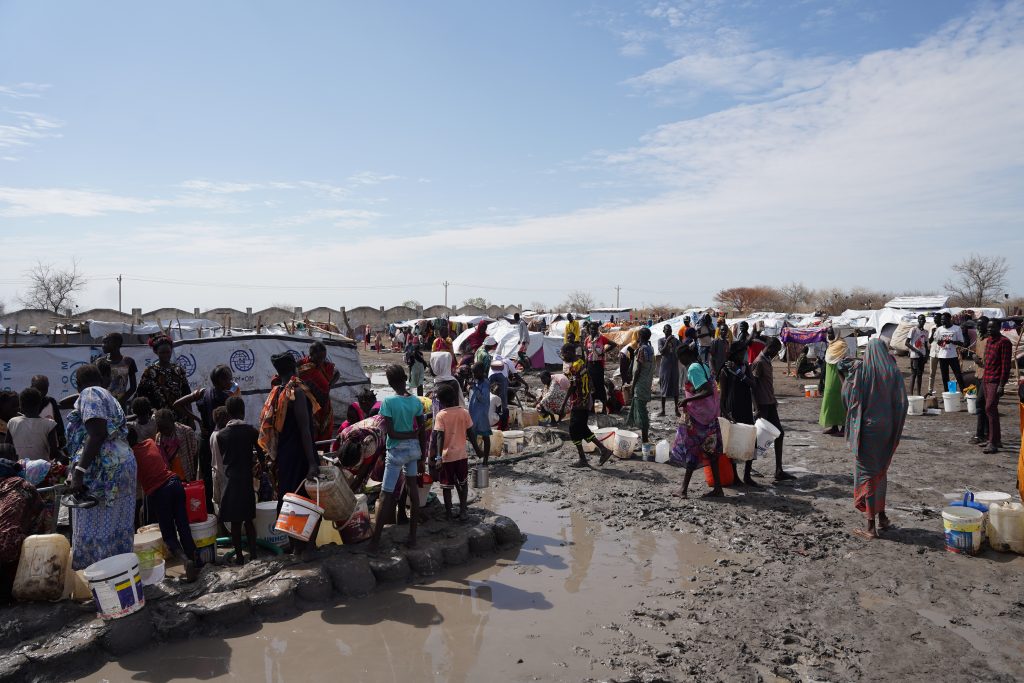
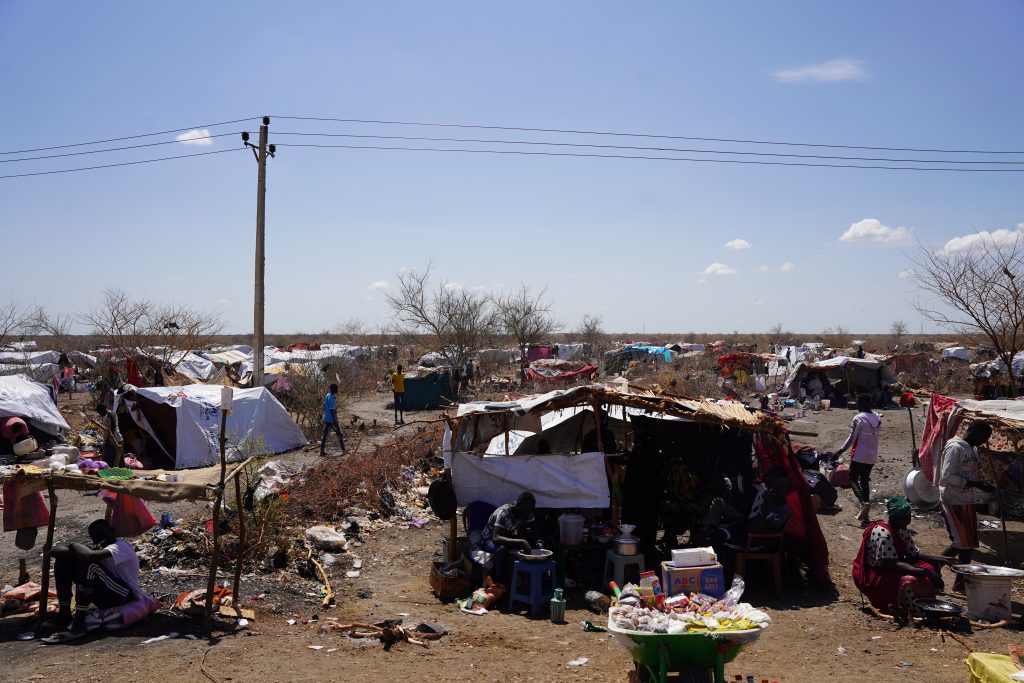
“Upper Nile and Northern Bahr El Ghazal states, in particular, are facing a heavy influx of returnees, and the present humanitarian response is overstretched,” says Jocelyn Yapi, MSF head of mission in South Sudan.
Poor living conditions in the transit camps are already having a negative impact on people’s health and, with the onset of the rainy season, the situation could become catastrophic, warns MSF.
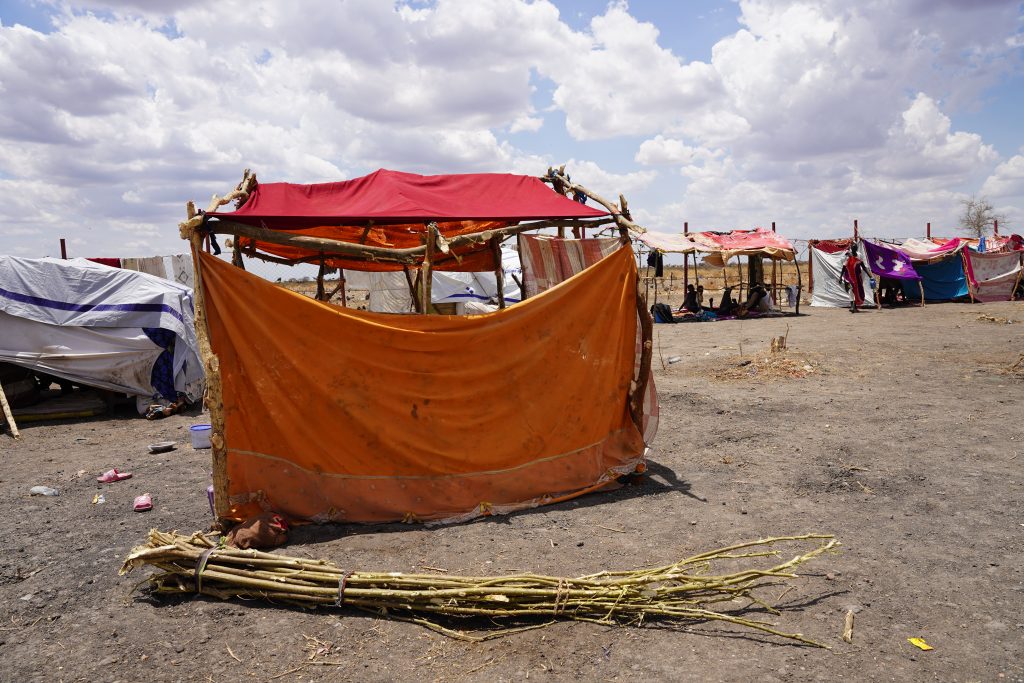
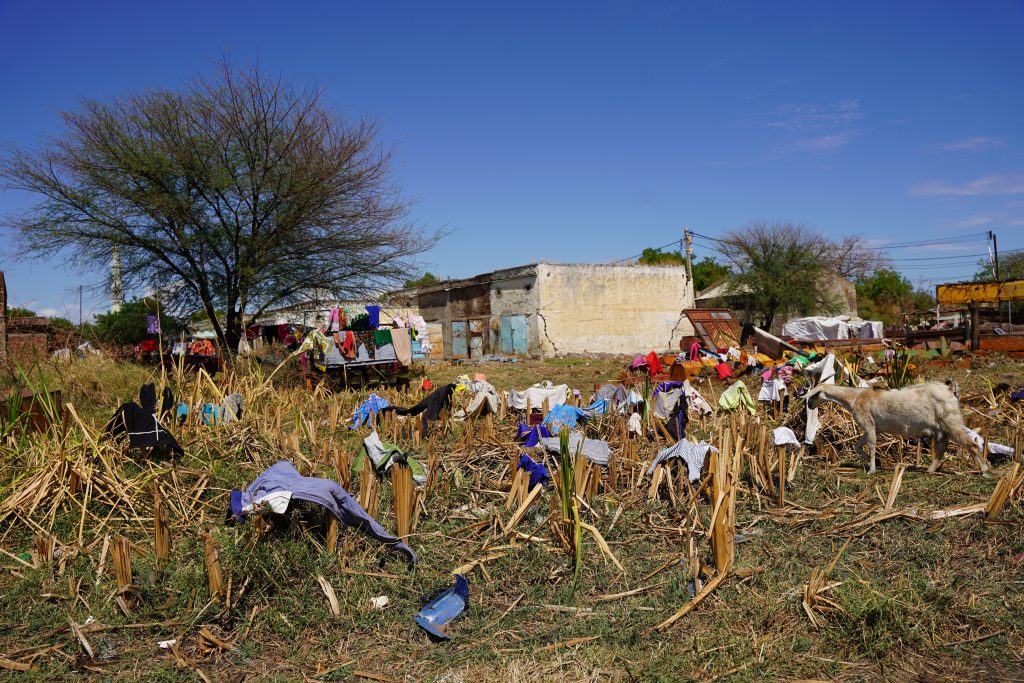
Fighting has displaced tens of thousands of people in Sudan since mid-April. More than 127,000 people have sought refuge in South Sudan, mostly in Renk in Upper Nile state. Today, between 800 to 1,000 people cross into Renk each day on donkey carts, often after making long and dangerous journeys to reach the border.
Awel Shoul, accompanied by his sick brother, is one of many people returning to their homeland in search of safety. His brother had been undergoing medical treatment in Sudan and was due to have surgery, but had to leave his treatment unfinished when Khartoum became a battle zone. Awel describes their 15-day journey:
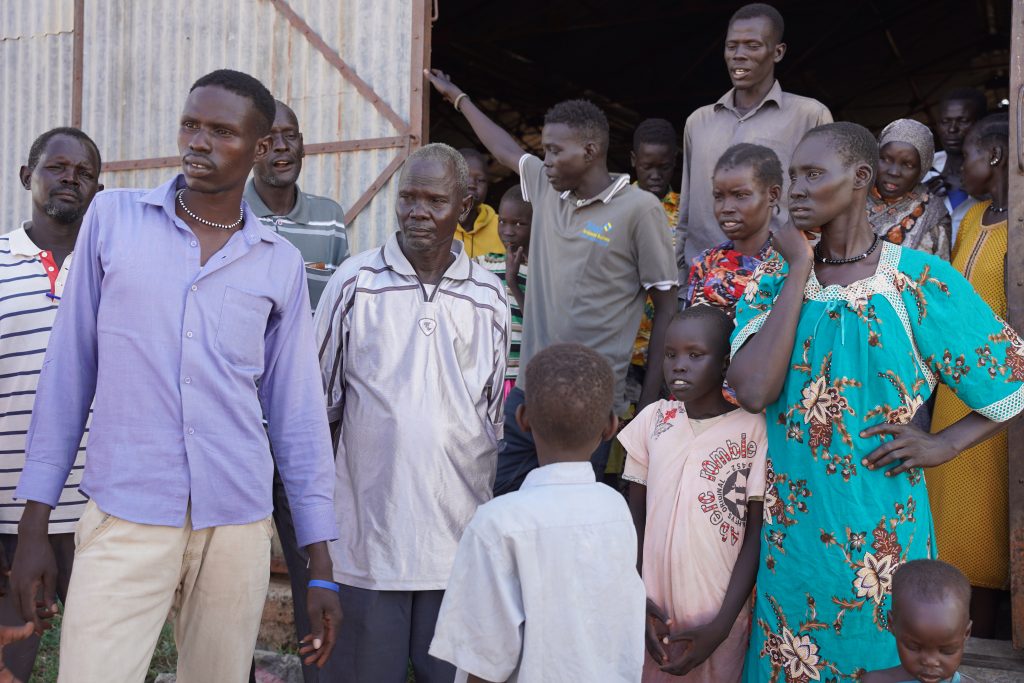
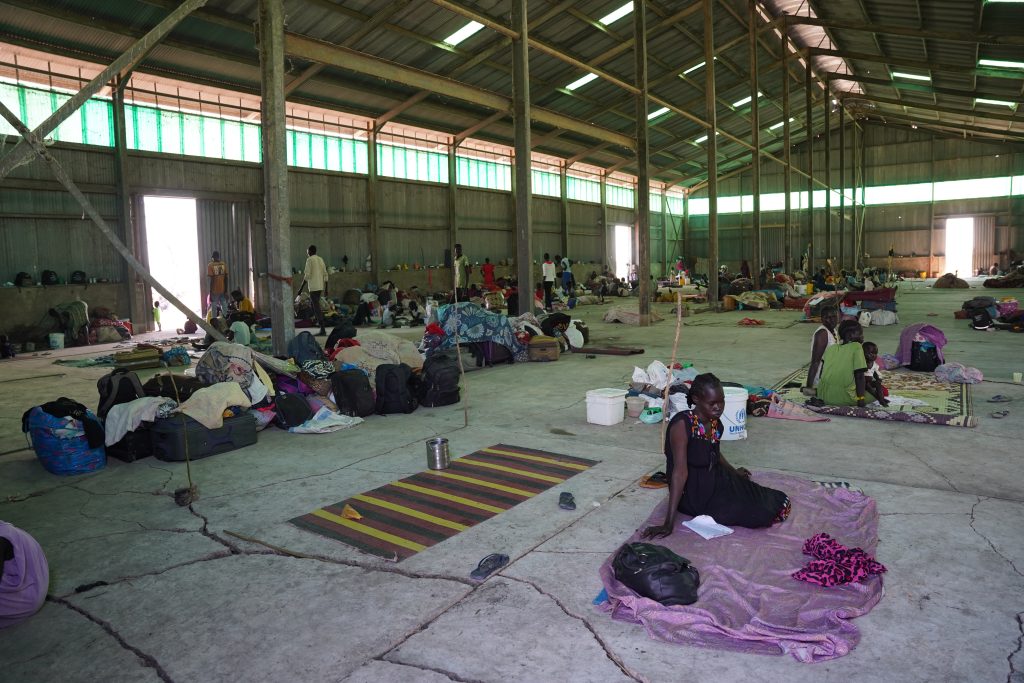
Crossing into South Sudan, most returnees do not realise that another crisis awaits them. In Renk, the main transit centre currently hosts more than 12,000 people, many more than its capacity and available aid. Hundreds of families have set up camp outside the transit centre, shading themselves from the sun with whatever materials they can find.
About a month ago, the transit centre was the scene of intercommunal clashes. Since then, some community members have moved out of the centre in order to maintain the peace. While some aid is available to people in the transit centre, there is no functional response for those outside it.
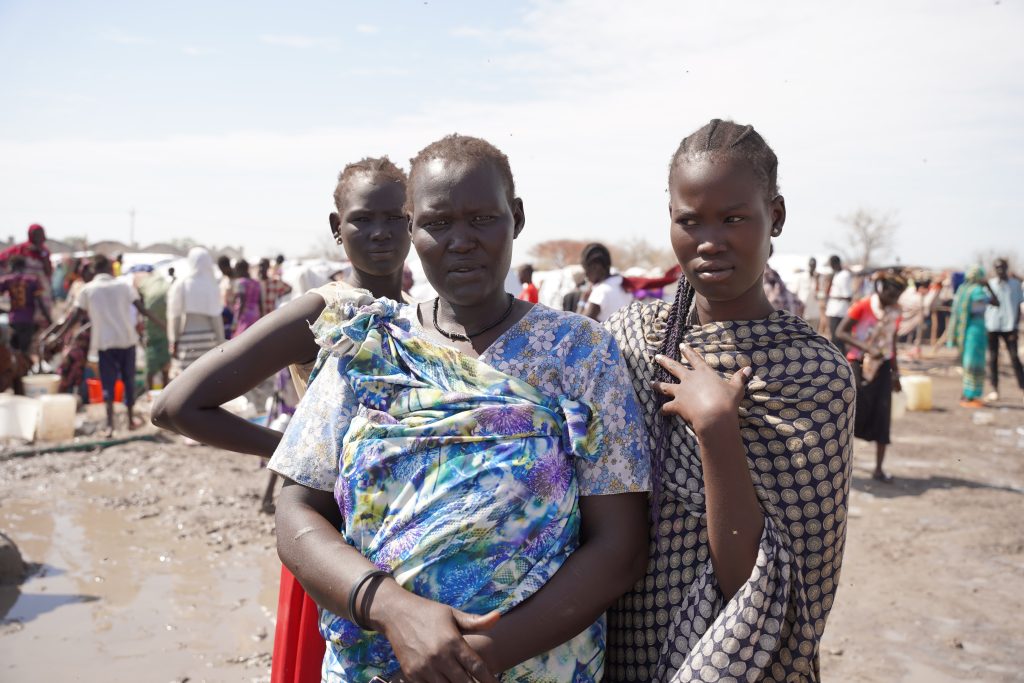
Local truck drivers are charging around 25,000 South Sudanese pounds (US$25) per person to take people from Renk to Palouch, a town 150 km distant, from where most hope to catch a flight to Greater Bahr El Ghazal. Those who cannot afford to travel are waiting for help to arrive. Although they have roots from South Sudan, it is not a homecoming. These returnees have lived in Sudan either for their lives or for years; thus, requiring support to move and survive with essentials like healthcare, food, shelter and others. Local authorities in Renk had announced a plan to transfer returnees to a second transit centre in Malakal town, which already hosts a camp for displaced people. However, all travel between Renk and Malakal was temporarily suspended after intercommunal violence broke out in the camp in Malakal earlier in June, leaving at least 17 people dead.
In Aweil, in Northern Bahr El Ghazal state, it is a similar picture. While Sudanese nationals are staying in a refugee transit centre, many South Sudanese returnees are still living under trees without food, clean water or proper sanitation. Humanitarian needs were already high in Northern Bahr El Ghazal state before the current crisis and funding cuts had eroded health services.
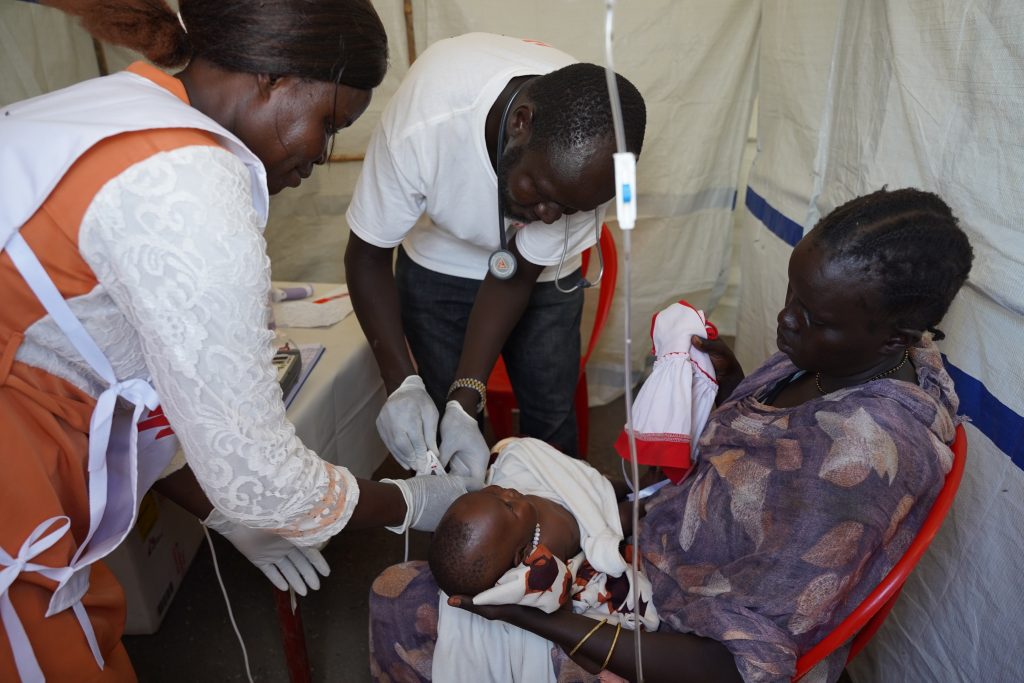
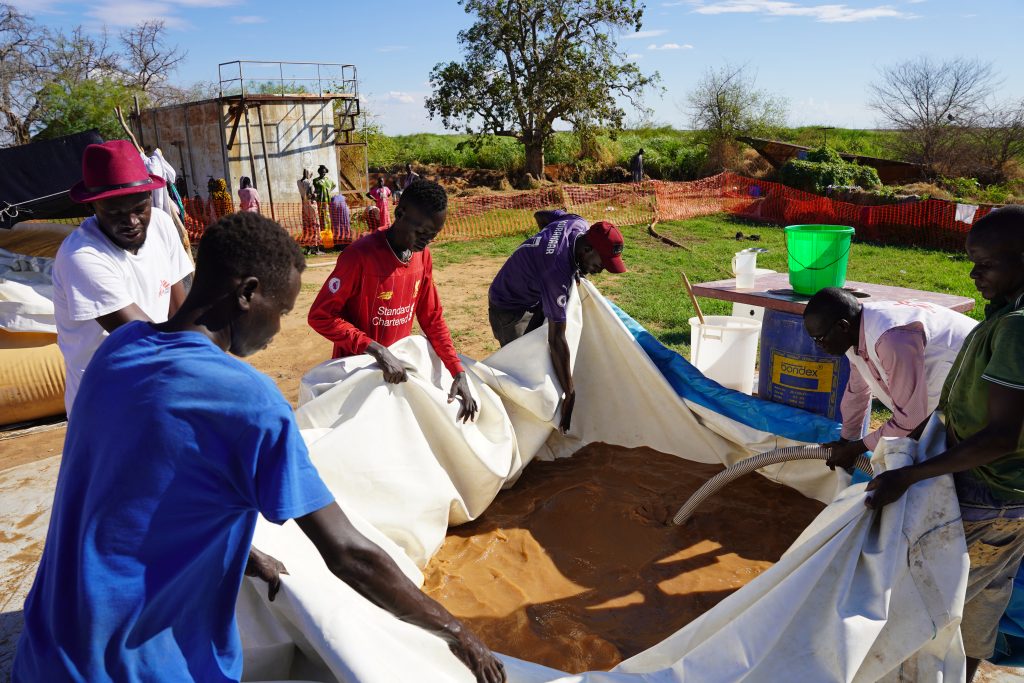
MSF has launched emergency responses in Upper Nile and Northern Bahr El Ghazal states, running three mobile clinics in Renk and one in Aweil. In Renk, MSF water and sanitation teams are treating river water to provide safe drinking water for displaced people, while medical teams are screening children for malnutrition and have set up a measles isolation ward. MSF teams are also providing referrals for people in need of specialist medical care, as well as mental health support and health education.
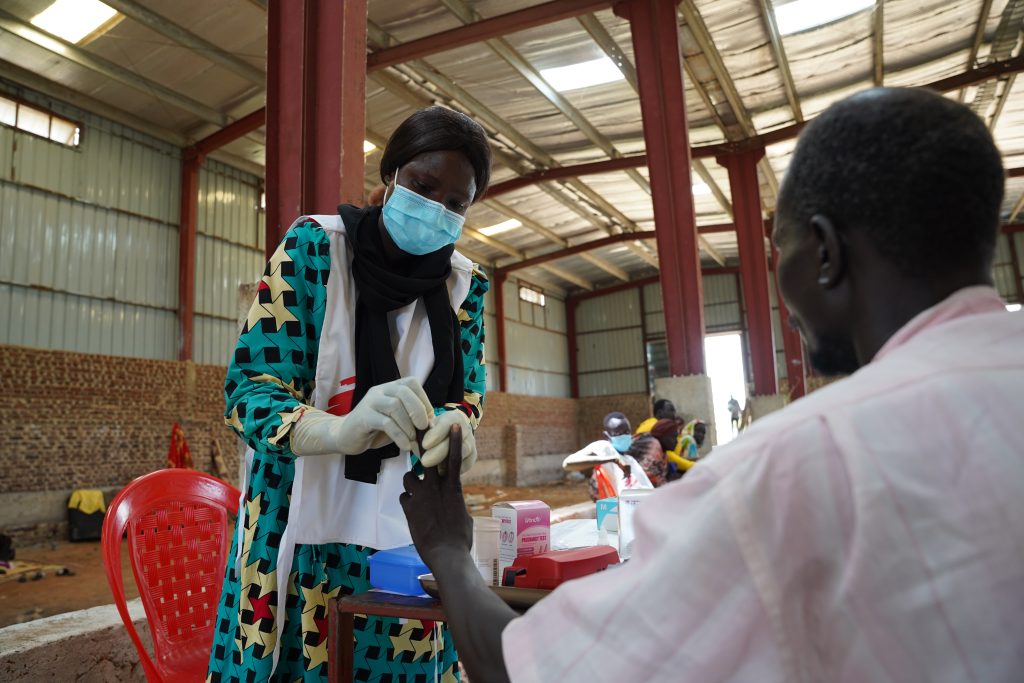
With no end in sight to the conflict in Sudan, more people are expected to cross the border into South Sudan. If the transit process is not speeded up, MSF warns that people’s unmet needs in Aweil and Renk are likely to surge, with potentially catastrophic health consequences.












